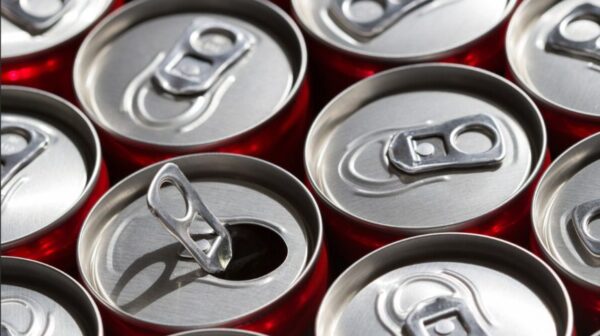Lifestyle
5 soda habits that are reducing your life span

It hardly must ever have been the case when you ordered some delicious food in a restaurant and didn’t order a soda. We love our glass of fizzy drink so much that we don’t even like to share it and thus everyone gets a glass of their own.
But did you know, drinking soda has a bundle of side effects. The drink is full of sugar and can even shave a few years off your life. Yes, you read that right.
Still, if you can’t stop yourself from reaching out for that glass of soda, you must at least learn the science behind some soda habits which can do more damage than others so that you can make better choices.
Here are some life-shortening soda habits that you must stay clear of:
1. You are having more than a glass/can at a time
Having more than a glass of soda at once can cause serious danger. A 2019 study published in the journal of American Medical Association, drinking two or more glasses of soft drinks at once can increase people’s risk of death from all causes.
2. You choose diet soda
The same study found that artificially sweetened drinks can increase all-cause mortality by 26 per cent. While sugar-sweetened soft drinks only increase the mortality by 8 per cent. This makes diet sodas three times as dangerous as full-sugar sodas.
3. You are choosing sodas high in sugar
Diet sodas are more harmful but that doesn’t mean you should load up on sugar by choosing sugar-laden options. A study found that a high-sugar diet can make one age faster. It’s best to stick with healthy, low sugar alternatives when you choose your soft drink.
4. You choose brightly coloured sodas
Food dyes can be really harmful. Studies have found that artificial colours including yellow-5 and red-40 can hurt your DNA and even trigger cancer formation. So, you must check for the ingredients and stick to sodas that are made with natural colours.
5. You drink cola from a can
Though you might not find BPA in most plastic bottles now, many aluminium cans still have it in their epoxy lining. Drinking soda from a can exposes you to the blood pressure raising toxin, putting you at an increased risk of heart disease.
Disclaimer: The views expressed in this article should not be considered as a substitute for physician’s advice. Please consult your treating physician for more details.










